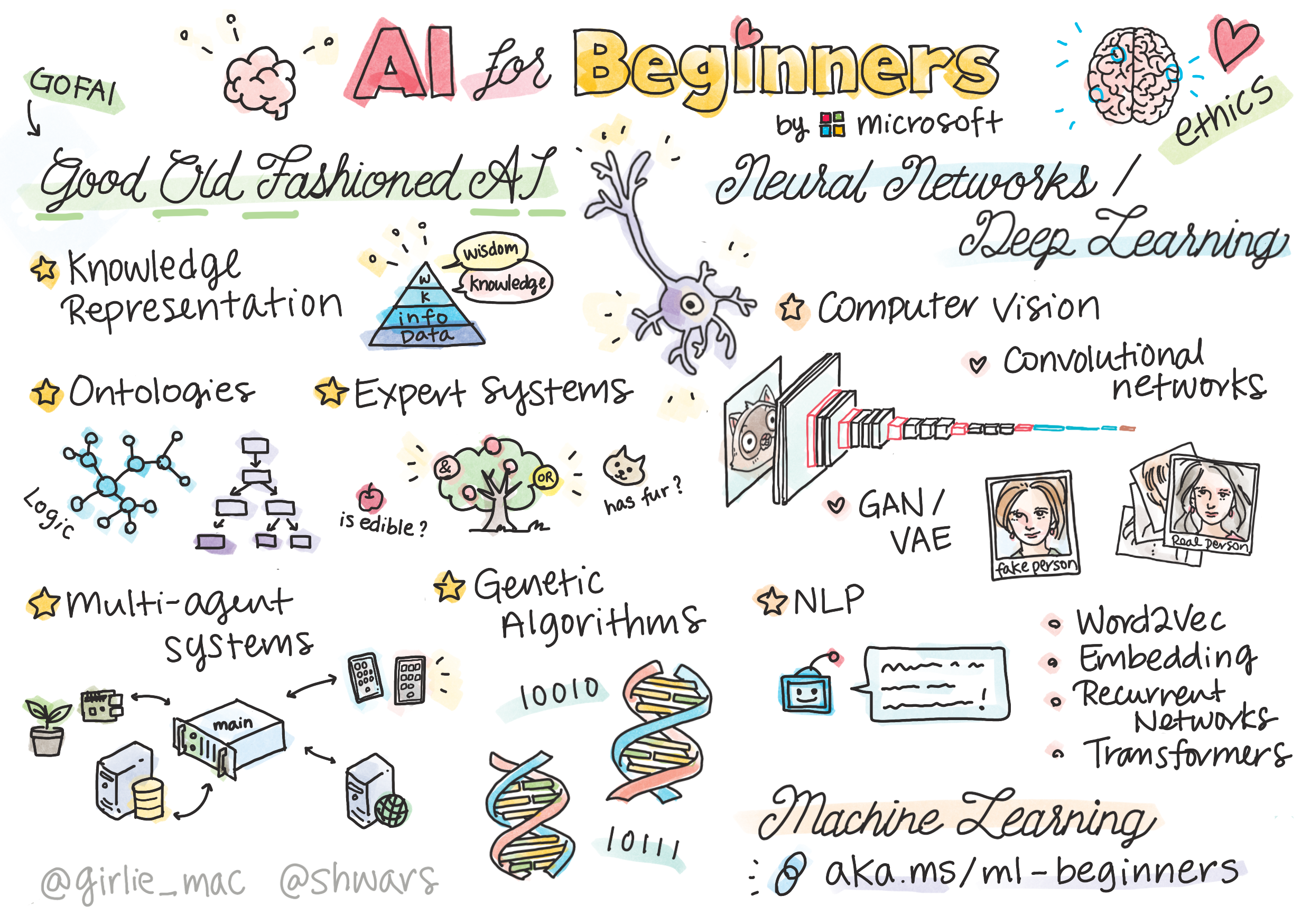Machine Learning Crash Course
Google's fast-paced, practical introduction to machine learning, featuring a series of lessons with video lectures, real-world case studies, and hands-on practice exercises.
Recommendation Systems
Welcome to Recommendation Systems! We've designed this course to expand your knowledge of recommendation systems and explain different models used in recommendation, including matrix factorization and deep neural networks.
Stanford University
Advanced Learning Algorithms
In the second course of the Machine Learning Specialization, you will build and train a neural network with TensorFlow to perform multi-class classification, apply best practices for machine learning development so that your models generalize to data and tasks in the real world, build and use decision trees and tree ensemble methods, including random forests and boosted trees
Stanford University
Regression and Classification
In the first course of the Machine Learning Specialization, you will build machine learning models in python using NumPy and scikit-learn, and train supervised machine learning models for prediction and binary classification tasks
FRANÇOIS FLEURET
Unige 14x050: Deep Learning
This course is a thorough introduction to deep-learning, with examples in the PyTorch framework, machine learning objectives and main challenges, tensor operations, automatic differentiation, gradient descent, deep-learning specific techniques, generative, recurrent, attention models.
Caltech
Learning From Data
Introductory course in machine learning (ML) that covers the basic theory, algorithms, and applications. ML has become one of the hottest fields of study today, taken up by undergraduate and graduate students from 15 different majors at Caltech. This course balances theory and practice, and covers the mathematical as well as the heuristic aspects.
fast.ai
Practical Deep Learning for Coders
Free code-first deep learning course.
Columbia University
First Principles of Computer Vision
First Principles of Computer Vision is a lecture series presented by Shree Nayar, T. C. Chang Professor of Computer Science in the School of Engineering at Columbia University. Computer Vision is the enterprise of building machines that “see.” This series focuses on the physical and mathematical underpinnings of vision and has been designed for students, practitioners and enthusiasts who have no prior knowledge of computer vision.

Microsoft
AI for Beginners
In this curriculum, you will learn: Different approaches to Artificial Intelligence,

Microsoft
Data Science for Beginners
Learn the basic concepts behind data science and how it’s related to artificial intelligence, machine learning, and big data.
Microsoft
ML for Beginners
In this course, you will learn about what is sometimes called classic machine learning, using primarily Scikit-learn as a library and avoiding deep learning, which is covered in our forthcoming 'AI for Beginners' curriculum. Pair these lessons with our 'Data Science for Beginners' curriculum, as well!